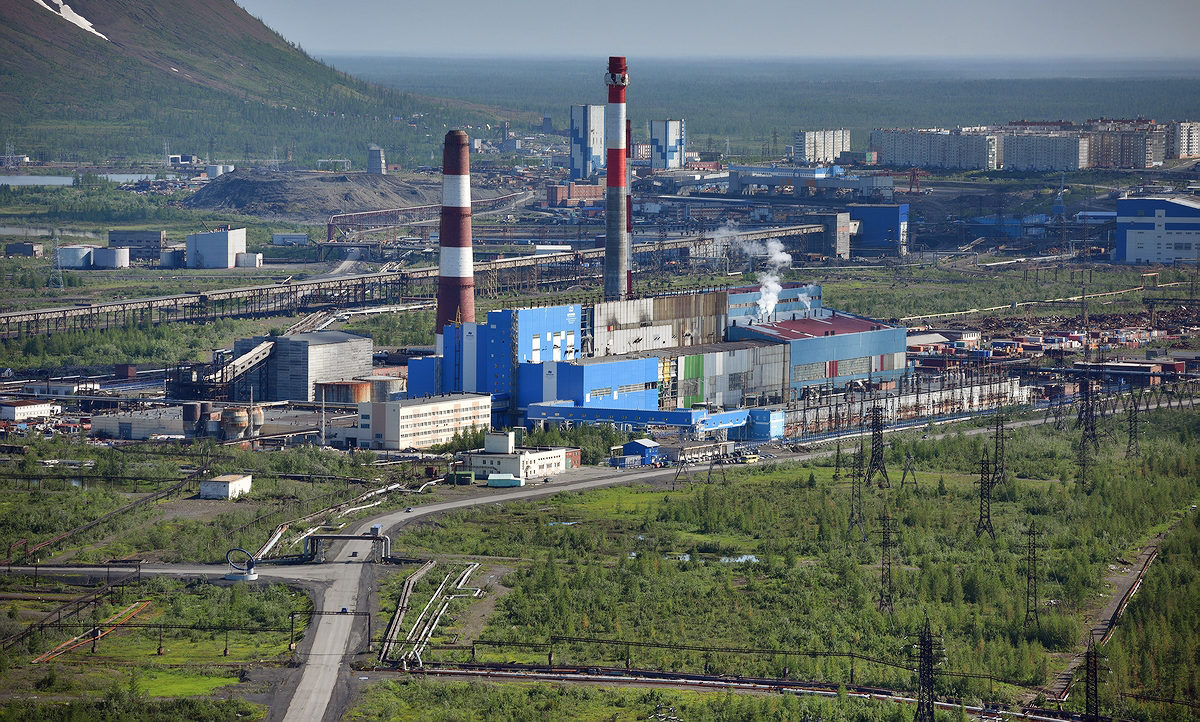#ARCTIC. #SIBERIA. THIS IS TAIMYR. The generation of electrical and thermal energy in the Arctic territories should be carried out using alternative sources, the construction of which should attract private investment. This was the subject of a meeting on the topic Actual Issues Of Energy Development In The Arctic Zone Of The Russian Federation in the Federation Council.
In most settlements of the Russian Arctic, energy is supplied through isolated systems; almost every region has its own source of energy. Most often, these are diesel power plants, which, by modern standards, have low efficiency and high cost of energy production, they deliver fuel there once a year as part of the northern delivery.
According to the Strategy for the Development of the Arctic Zone of the Russian Federation until 2035, a high share of local generation of electricity based on the use of economically inefficient and environmentally unsafe diesel fuel is one of the threats that forms the risks for the development of the Russian Arctic. Therefore, improving the efficiency of energy supply in hard-to-reach and isolated regions based on modern technologies is an important state task, according to the Federation Council.
Seasonal navigation and a complex transport scheme for fuel delivery increase the cost of energy produced. One of the most potentially effective localizations is the partial or complete replacement of diesel power plants with renewable sources – wind, solar and nuclear power.
“It is also necessary to solve environmental problems by generating energy. In particular, to transfer the coal industry to a new way and burn not coal, but a product of its deep processing – hydrogen”, said Sergey Romanov, deputy director of the department for consolidated state policy and digital transformation of the Ministry of Energy of the Russian Federation.
He also recalled the Arctic station Snezhinka in the Yamalo-Nenets Autonomous District, which will become a ground for testing new environmentally friendly technologies using hydrogen fuel.
Follow us on Telegram, VKontakte.
Text: Denis Kozhevnikov, Photo: Nikolay Shchipko



